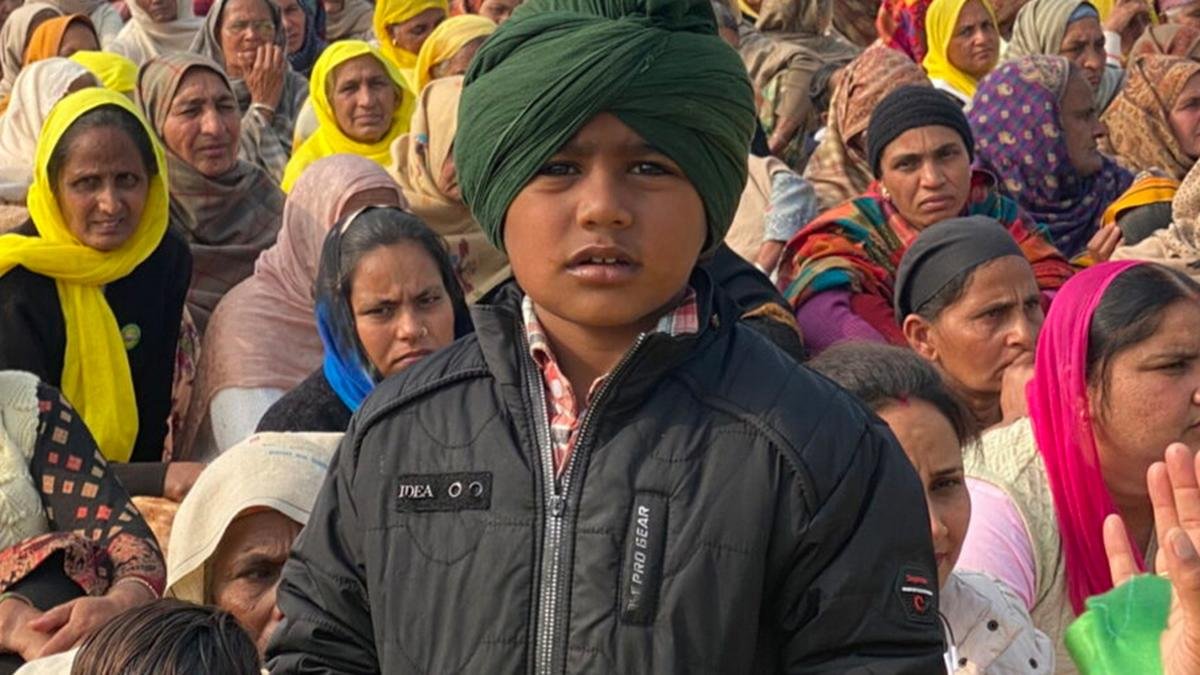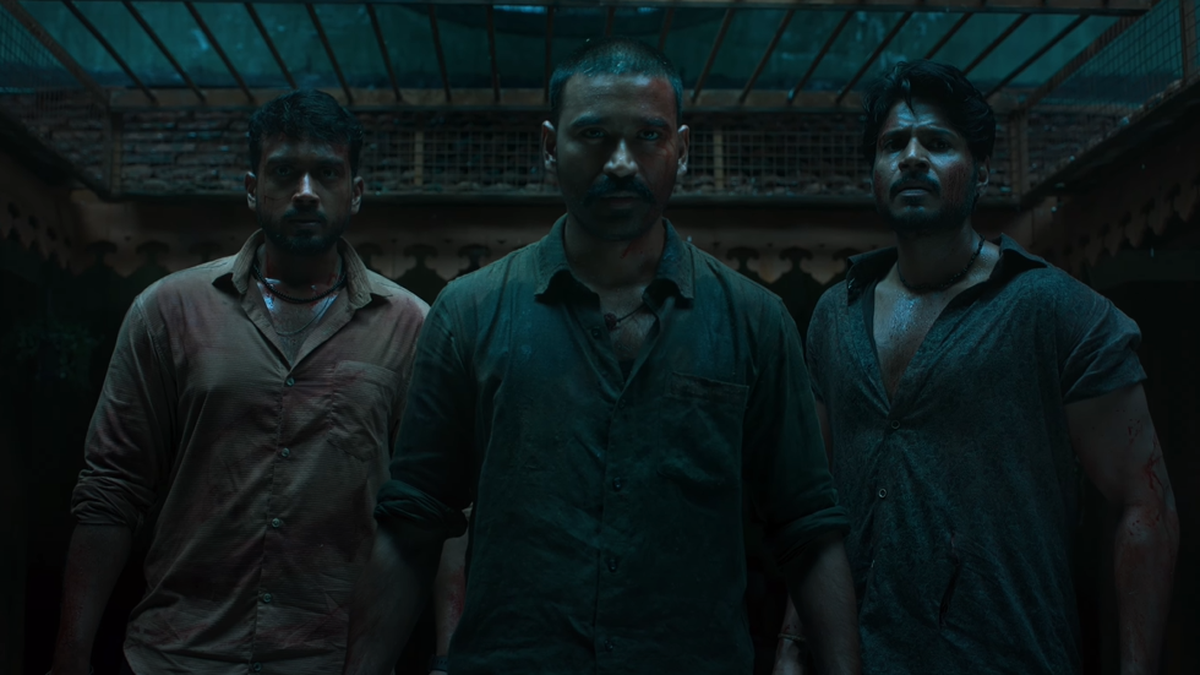A protest movement, especially one as big as the historic farmers’ protest that began in 2020, might not reveal all it strands when looked at from the frontlines. Much of the immediate reporting during the days of the protest, against a set of laws enacted by the Union government, were on the demands of the farmers, the oppressive tactics used by the government and the back and forth in meetings.
Nishta Jain and Akash Basumatari’s documentary Farming the Revolution, being screened in the Long Documentary competition category at the 16th International Documentary and Short Film Festival of Kerala (IDSFFK), gives us a picture of how a movement of such a nature sustained itself for over a years, despite all the methods to suppress it. In one of the poignant moments, months after the movement began, a protester compares it to a wide, deep river which moves along calmly, holding under it the power of all the streams that joined it along the way.
According to Nishta, she spent over a year at the protest sites, shooting more than 400 hours of footage, from which the 100 minute-long documentary was produced. The documentary spends considerable time not just in the protest sites at the entry points to Delhi, but also in the fields of Punjab, and in the homes of the farmers, where the hard act of convincing more people to join the movement happens. At one point, the discussion centres on why more women should join to sustain the protest. Spurred by the grassroot level campaigns, families joined enmasse in the protest.
One of the characters that the documentary returns to often as an anchor point is that of a young farmer, who was initially reluctant to join the protest. But, once he understands the need for such a protest, he leaves behind his dreams of flying to Canada, and joins it wholeheartedly. Many of the senior citizens who were part of the protest speak about why they are braving the inclement weather to hold fort at Delhi borders, because repealing the anti-farmer laws are necessary for the future generations.
To counter the hostile coverage from much of the mainstream news channels, the farmers bring out their own newspaper, distributed through their own distribution networks. Everyone at the protest site thus plays one role or the other, one of the factors which enabled the whole movement to go on like clockwork, until the government was forced to repeal the laws.
Through Farming the Revolution, Nishta, who has in the past made acclaimed documentaries like Gulabi Gang, and Akash, have created a powerful and lasting document which views a historic movement in its entirety.




